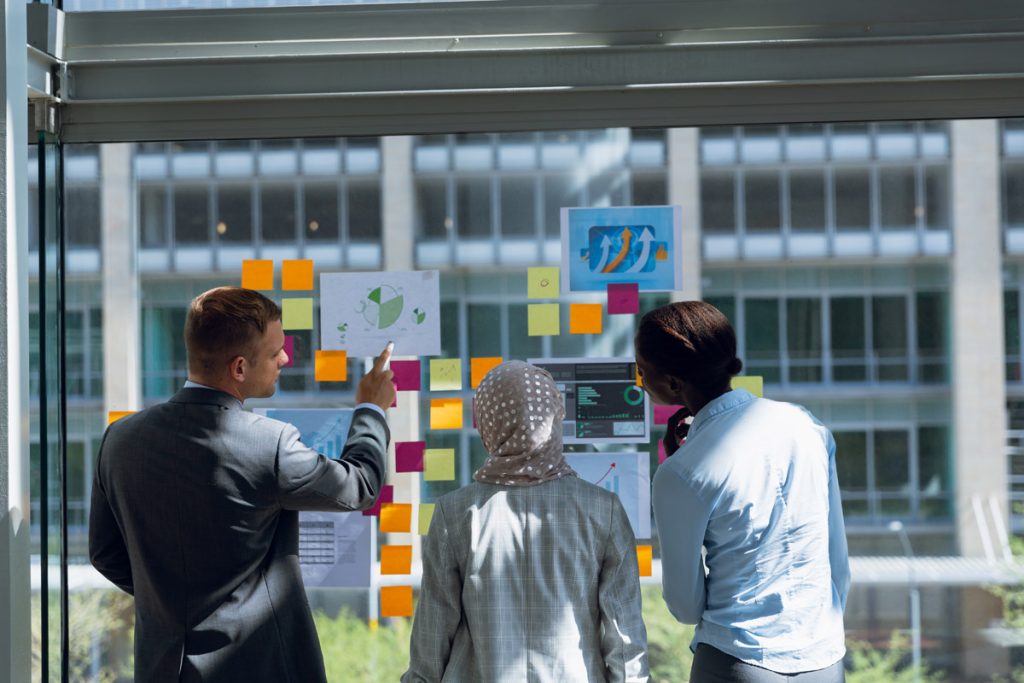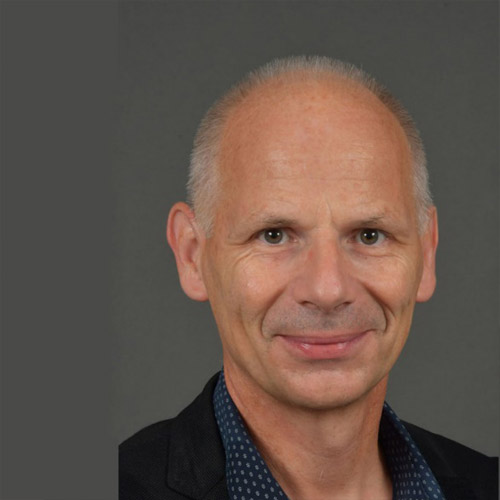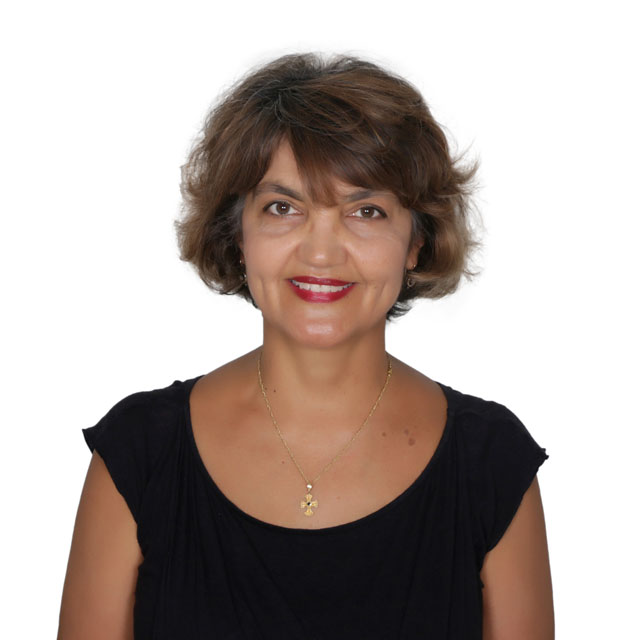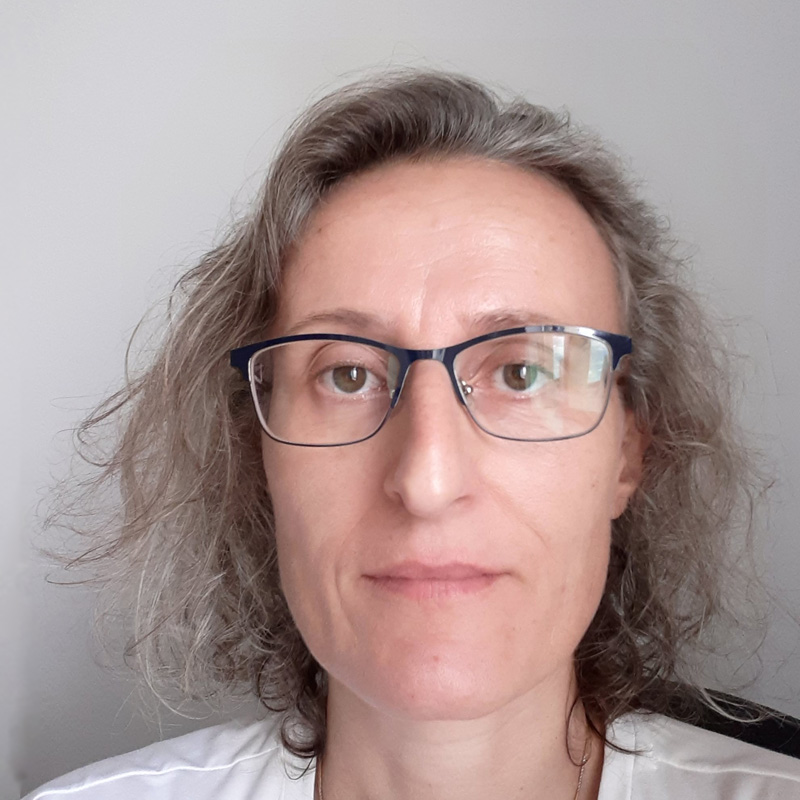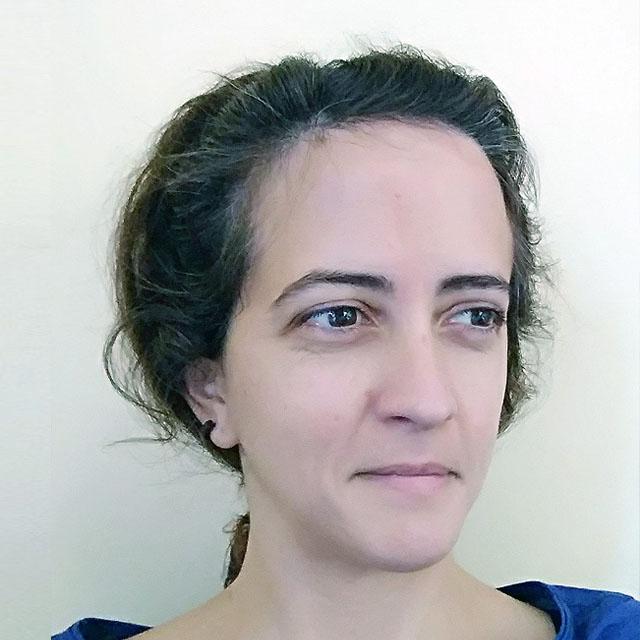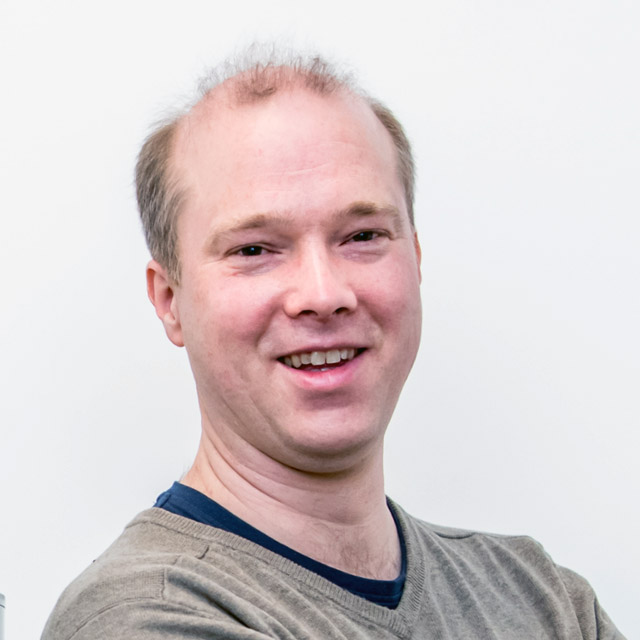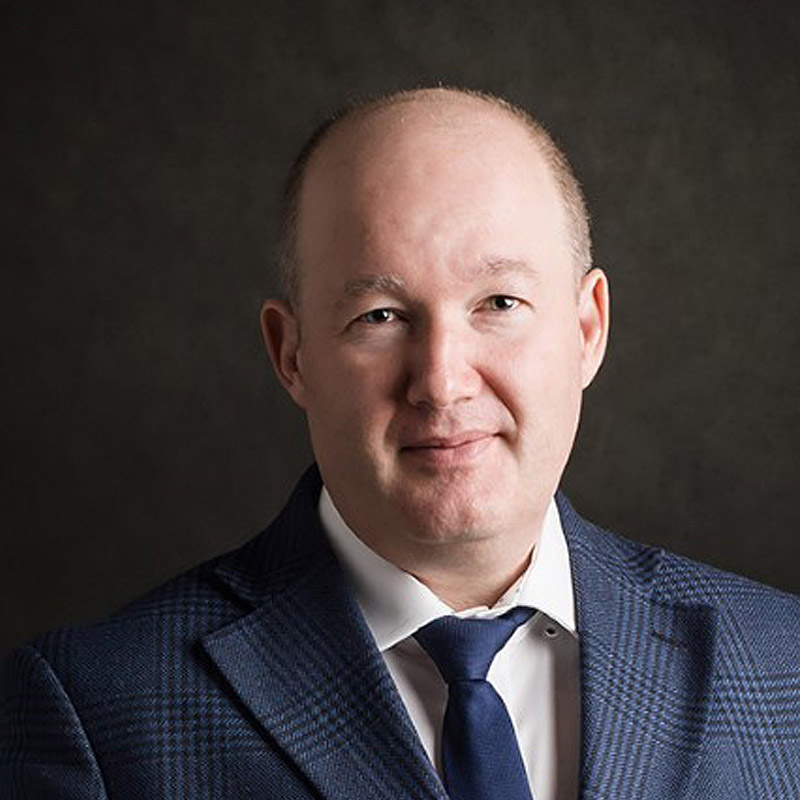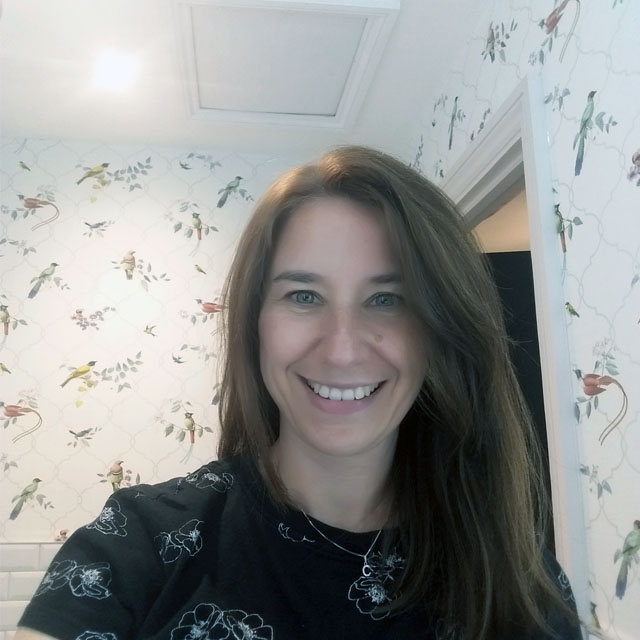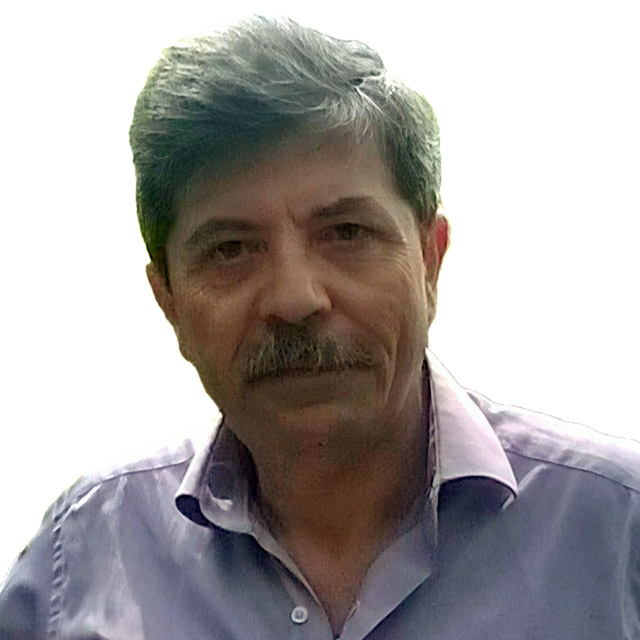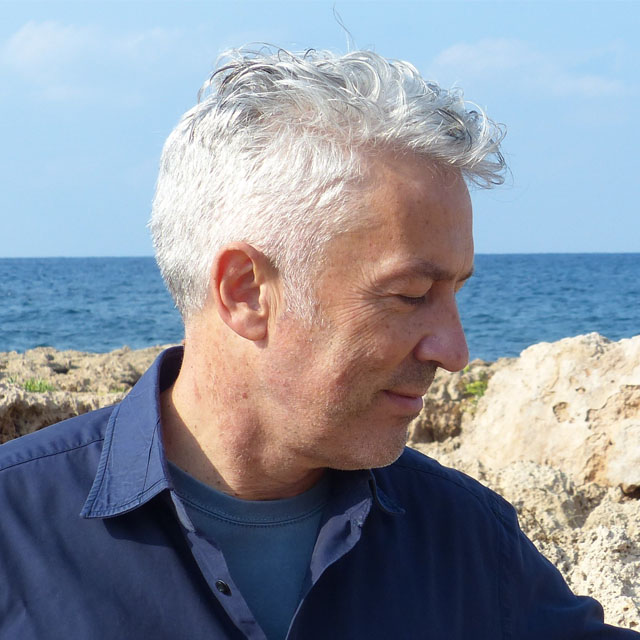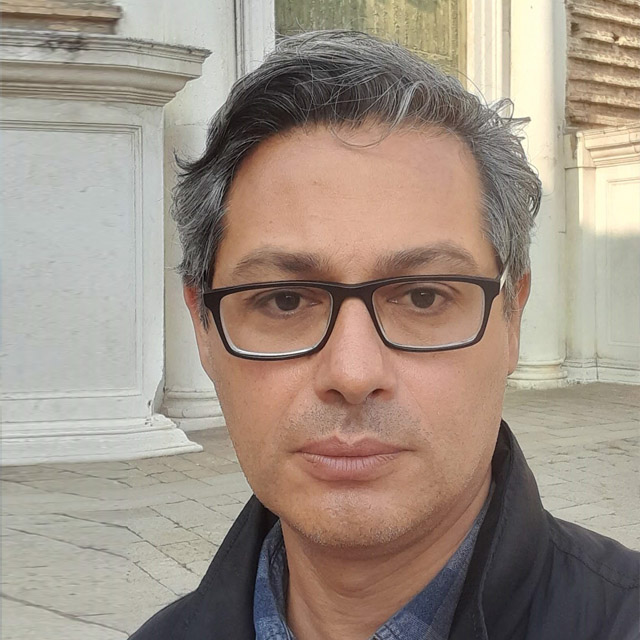Igniting Innovation:
The EURECA-PRO Flagship Debut
At the Language Centre of the Technical University of Crete | Chania
- Past events
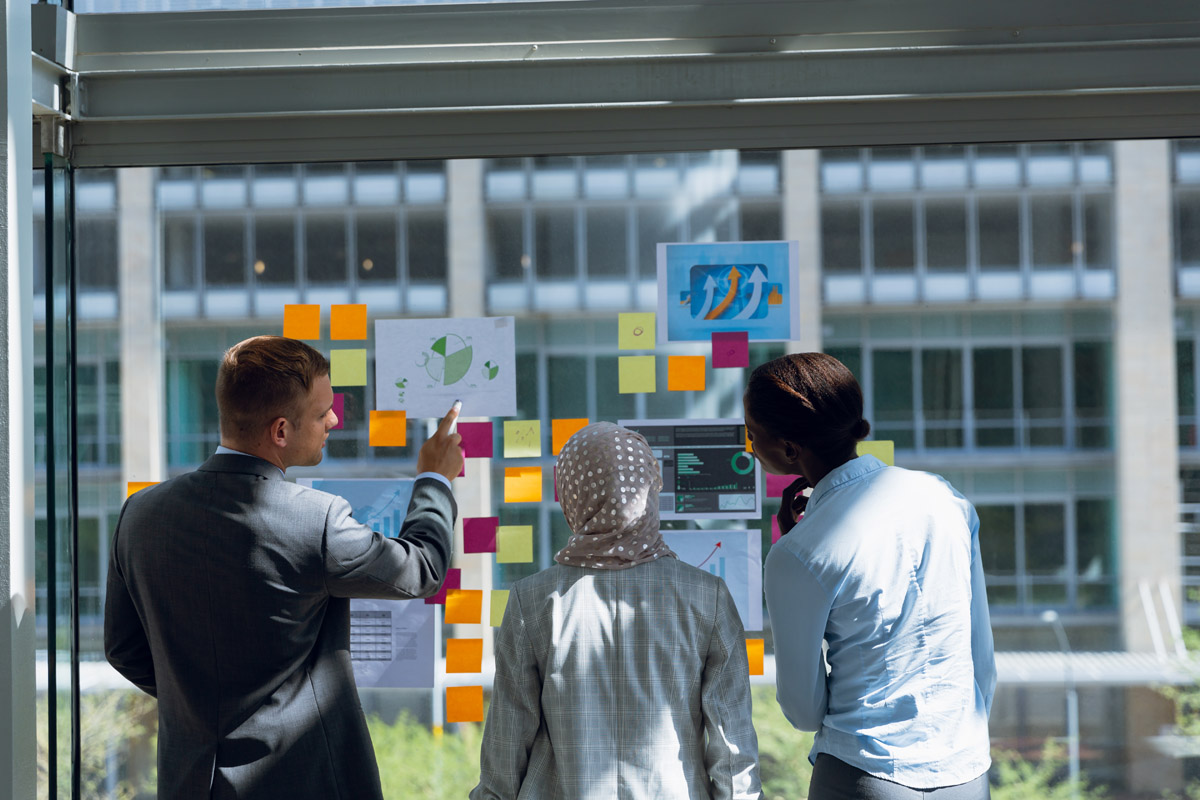
The “Igniting Innovation: The EURECA-PRO Flagship Debut” event marks an important milestone for the EURECA-PRO Alliance. It will highlight the key achievements of the first Core Groups and officially present and establish the first EURECA-PRO Flagships.
Open to all researchers (Professors, Post Docs, PhD Students) of EURECA-PRO Partner Institutions, the event will take place both onsite and online on the 25th of September 2025 at The Language Centre of the Technical University of Crete, in Chania, Crete.
Target audience:
- Academics who are already involved in an emerging Flagship, as this will be an opportunity for them to exchange with other academics interested to contribute to its co-construction.
- Academics who are interested to join the EURECA-PRO momentum and would like to present new ideas or perspectives in relation to the EURECA-PRO strategic challenges for the emergence of new core groups.
Key details
Event type: Hybrid
Registration Start Date: 1 July, 2025
Registration End Date: 7th September, 2025
Other information: Will be provided to the selected participants via Moodle
Visit: Full programme
EURECA-PRO Strategic Challenges and Flagships
10:15 - 11:15
Α. Presentation of the general process for the emergence of flagships
The EURECA-PRO strategic descriptors, concept and development of flagships, flagship as a backbone in a long-term view of the European University, Status of emergence process.
Β. Moving forward towards Flagships Proposals
Share and present research identified in the REVIEW WEEK (Nancy), strengthening networks between academics and moving forward towards the establishment of the first Flagships Proposals.
Full programme
-
9:30 - 10:00
Registration
-
10:00 - 10:15
Welcome
Presenter: Welcome and presentation by TUC Vice Rector of Research and Innovation Prof. Konstantinos-Alketas Oungrinis
-
10:15 - 11:15
EURECA-PRO Strategic Challenges and Flagships
Presenters: Benoit Grasser (UL), Noni Maravelaki (TUC)
-
Α. Presentation of the general process for the emergence of flagships
The EURECA-PRO strategic descriptors, concept and development of flagships, flagship as a backbone in a long-term view of the European University, Status of emergence process.
-
Β. Moving forward towards Flagships Proposals
Share and present research identified in the REVIEW WEEK (Nancy), strengthening networks between academics and moving forward towards the establishment of the first Flagships Proposals.
-
11:15 - 11:30
Coffee Break
-
11:30 - 12:00
Connecting Flagships and the EURECA-PRO I&E Programme
Presenters: Eleni Mylona (TUC) and Afroditi Fotiou (TUC)
-
12:00 - 13:30
Workshop: Sustainable building materials
Presenters: Noni Maravelaki (TUC), Wouter Schroeyers (UH), Marcin Gorski (SUT), Christina De-Nardi (Cardiff University), Michail Galetakis (TUC), Nikos Skoutelis (TUC), Klimis Aslanidis (TUC), Dia Andreouli (MIRTEC)
"SuMaB is a potential flagship that aims at upgrading research and education through promoting sustainable development in materials for building and boosting added value through innovative and cooperative projects.
Collaboration with dynamic enterprises of construction sector and research organizations will create an ecosystem, based on quality, innovation and knowledge of new materials and technologies utilization, and will act as a driver of addressing contemporary challenges of high value-added products and services. The Sustainable Materials for Buildings (SuMaB) workshop will address recent issues regarding the role of supplementary cementitious materials (SCM), with a particular emphasis on the specific properties of the novel blends that are derived after the SCMs are integrated into the cementitious matrix. The all-time great use of SCMs in sustainable historic construction, as well as knowledge obtained from studies on the technological aspects of traditional materials regarding sustainability, longevity, and durability, will be addressed. The recycling of aggregates and their potential role in energy saving in cement mixes, along with people's education in accepting and promoting similar initiatives, will also be considered. The discussion will focus on the function of self-healing materials in construction and the experiences of Eureca-Pro PhD students that are pertinent to this subject.
Contemporary architecture often focuses on consumerism and renewal, but adaptive reuse offers sustainable solutions. This idea was showcased at the Greek pavilion this year at the 19th International Architecture Exhibition, at the Venice Biennale, where the proposals of the Technical University of Crete for the restoration of the Venetian Shipyards in Heraklion and Chania were presented.
Finally, the framework will be finalized by showcasing collaboration with stakeholders and industry, thereby establishing the flagship's sustainable activities' position in the four-pillar framework of research, education, innovation, and third mission." -
13:30 - 14:30
Light Lunch
-
14:30 - 16:30
Flagship proposals presentations
As part of the process for establishing the EURECA-PRO Flagships, and in line with the discussions held during the Review Week in Nancy, researchers from different partner institutions, whose core groups have matured and currently prepare their proposal material according to the submission template, will present their respective Flagship proposals during this session. In particular, (up to) five proposals will be presented on the following topics (tentative titles):- Sustainable Mining
- Carbon and Hydrogen Synergies
- Sustainable Materials for Building
- Humanities for Transitions
- Circular Energy Production and Consumption
-
16:30 - 18:00
Parallel Sessions (five Strategic Challenges)
- Strategic Challenge A: led by Noni Maravelaki (TUC), Emmanouil Varouchakis (TUC) & El. Anastasiou (AUTH)
- Strategic Challenge B: led by Emmanuelle Gurtner (UL) & Konstantinos-Alketas Oungrinis (TUC)
- Strategic Challenge C: led by Wouter Schroeyers (UH)
- Strategic Challenge D: led by Nikolaos Diangelakis (TUC) & Lefteris Doitsidis (TUC)
- Strategic Challenge E: led by Despina Dimelli (TUC)
-
18:00
Wrap-up from the EURECA-PRO team
Presenter: Benoit Grasser (UL)


